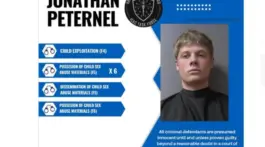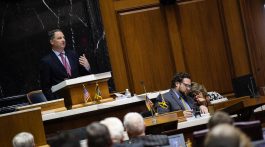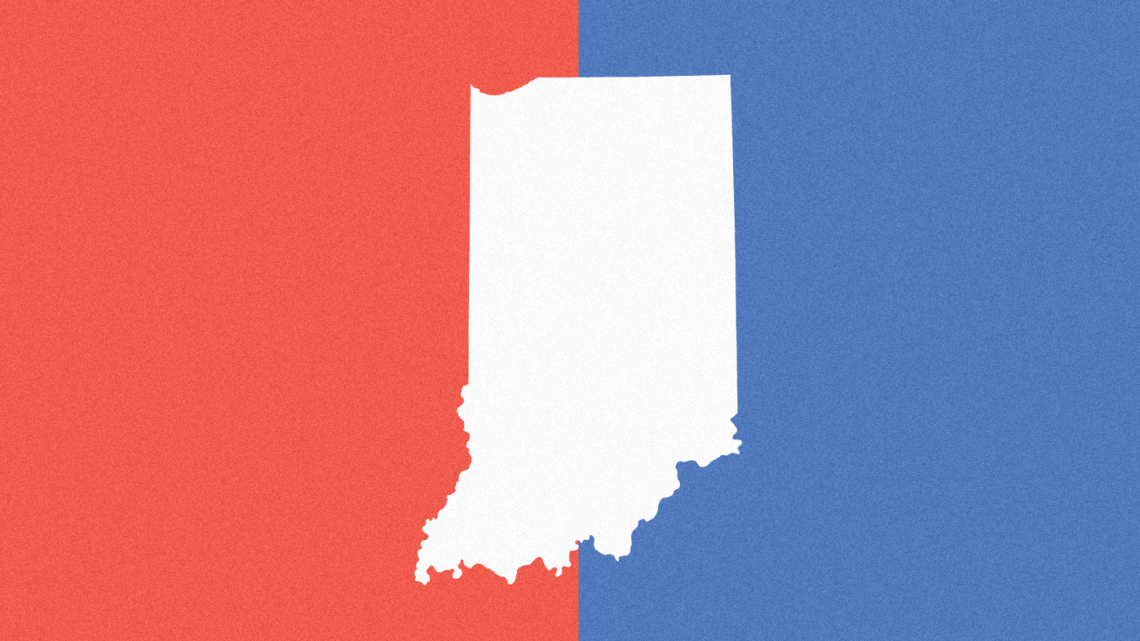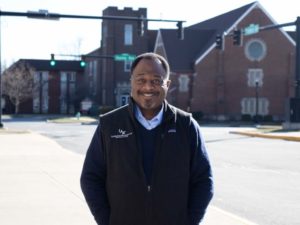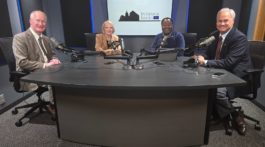by Abdul-Hakim Shabazz
While a lot of folks, well, probably not a lot, let’s say 25-30 percent of the eligible voters in Indiana are paying attention to local, municipal elections, it’s never too early to talk about 2024.
Just ask the candidates for President, Governor and the U.S. Senate.
Now, while most of them would want to discuss their policies and platforms, I come to you today, ladies and gentlemen, to discuss some reforms of Indiana’s electoral system.
And trust me, these ideas, while probably somewhat controversial, should make for some interesting food for thought.
First, either eliminate Indiana’s closed primary system and make it open or eliminate it altogether. I have maintained this position for years: why should taxpayers have to foot the bills for private political functions? Why should Democrats in Johnson County pay for how Republicans pick their candidates, and why should Republicans in Monroe County have to do the same for Republicans? I’ve never understood that. Political parties should have to pay for their own closed functions.
Unless!!!!
That is unless the primary is open and Republicans, Democrats, Independents, and even my Libertarian friends can participate. The way this would work is simple: a voter goes to their polling place, asks for a primary ballot and votes. They do not have to choose a ballot, per se, because all the candidates are on their. I’m cool with it if there’s a provision for party affiliation for record keeping.
Which now comes to the second part. With an open primary, you can get to a general election in a couple of different ways. The top two vote-getters face off in the general election. Or the individual who receives more than 60 percent of the vote wins the open primary.
However, folks, if you really want to have some fun and turn Indiana’s election system on its ear, throw in some ranked-choice voting (RVC). RCV allows voters to rank candidates for a particular office in order of preference. The candidates are ranked by how many are running for that office. After the first round, the lowest vote-getter is dropped off. Then, the second choice votes for that eliminated candidate are redistributed, and this process continues until a candidate wins more than half of the vote.
Think about the benefits of RCV: more voter participation. Saving time and money. No more “I’m throwing away my vote” sentiments, and I think this will also lead to less political polarization. Here’s why. Currently, the way legislative maps are drawn, sometimes the only way to win a primary is usually to run further to the right or to the left of where most of the district is to get as much of your base to come out. And once in office, elected officials have to worry about primary challengers. RCV benefits both the elected official and the voters because voters have more choices, and their votes aren’t being thrown away because there is no longer a small percentage of them who come out in primaries and make the decisions. Secondly, for the elected official with an open primary and RCV, they don’t have to worry about those far-left/far-right candidates making life more difficult than need be, and they can run towards the center.
And for those with a problem with RCV, I remind you that it is fundamentally the same approach used at caucuses and state conventions. If several candidates are on the ballot, the caucus and convention delegates keep going until someone gets 50 percent.
And speaking of conventions, does anyone else see something odd that the Governor is picked in a primary and the Lt. Governor is chosen at a convention by delegates? This may be fine when you only had one candidate for Lt. Governor. Still, with the likelihood of a contested Lt. Governor’s race next year, someone may want to look at that, especially since there’s a chance you could have a Republican gubernatorial candidate from one wing of the party who doesn’t connect that well with the candidate for Lt. Governor from another wing of the party.
It’s just a little political food for thought. Bon Appetite.
Abdul-Hakim Shabazz is the editor and publisher of Indy Politics. He is also an attorney licensed in Indiana and Illinois.



